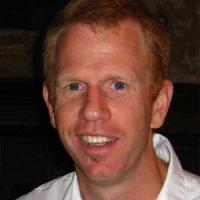
AdvantAge
Lost identity documents, issues of birth registration in their country of origin, refusal by foreign authorities: migrant children without documents to prove their age are especially vulnerable to hazardous forms of work, early marriages, underage recruitment into fighting forces or being treated as an adult in criminal proceedings. The currently used age determination techniques (bone age x-rays, dental examinations, anthropometric measurements, psycho-social assessments) are questionable in many ways, and have a 2-years error margin, while the main target population of juveniles is 14-18 years old. It is required to develop the reliability of the currently used methods and possibly find new, more accurate ways of age assessment.
Project Team


Ben Krikler
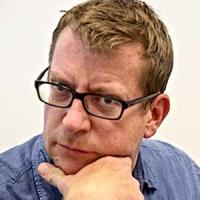
Ben Parker
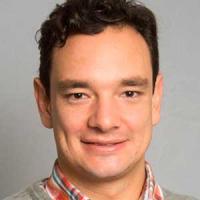
Fabrice Crégut

Lorène Métral
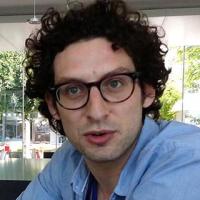
Michael Kagan
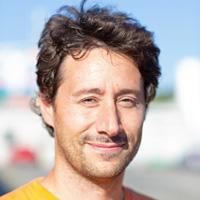
Paolo Gradassi
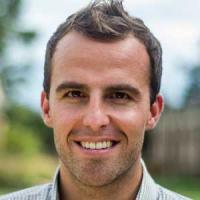
Peter Prix
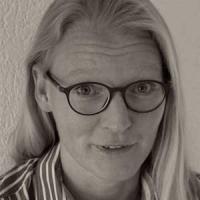
Pia Massatsch
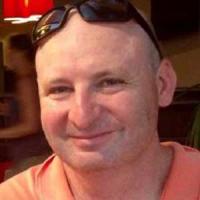
Sean Carroll
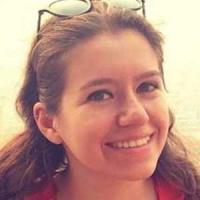
Serim Hande Tarcan
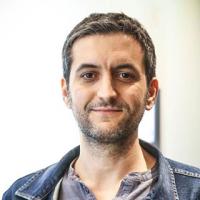
Sylvestro di Luise
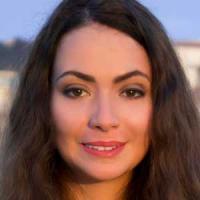
Timokleia Kousi
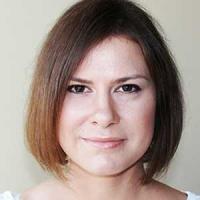
Vitalija Kolisova
AdvantAge
Image
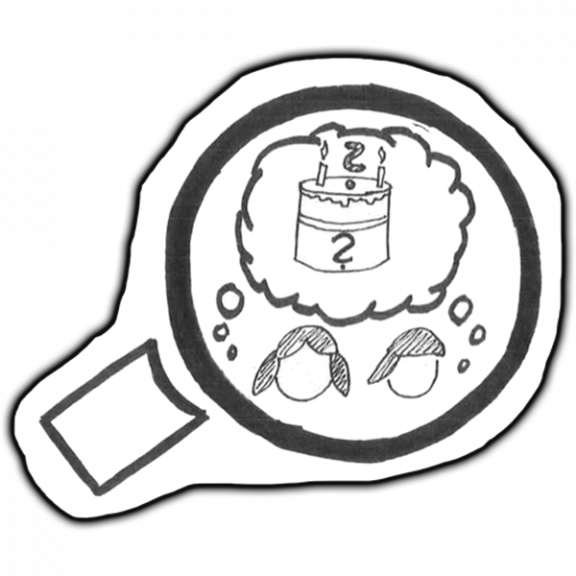
Sustainable Development Goals
Attributes
Team
pier-38